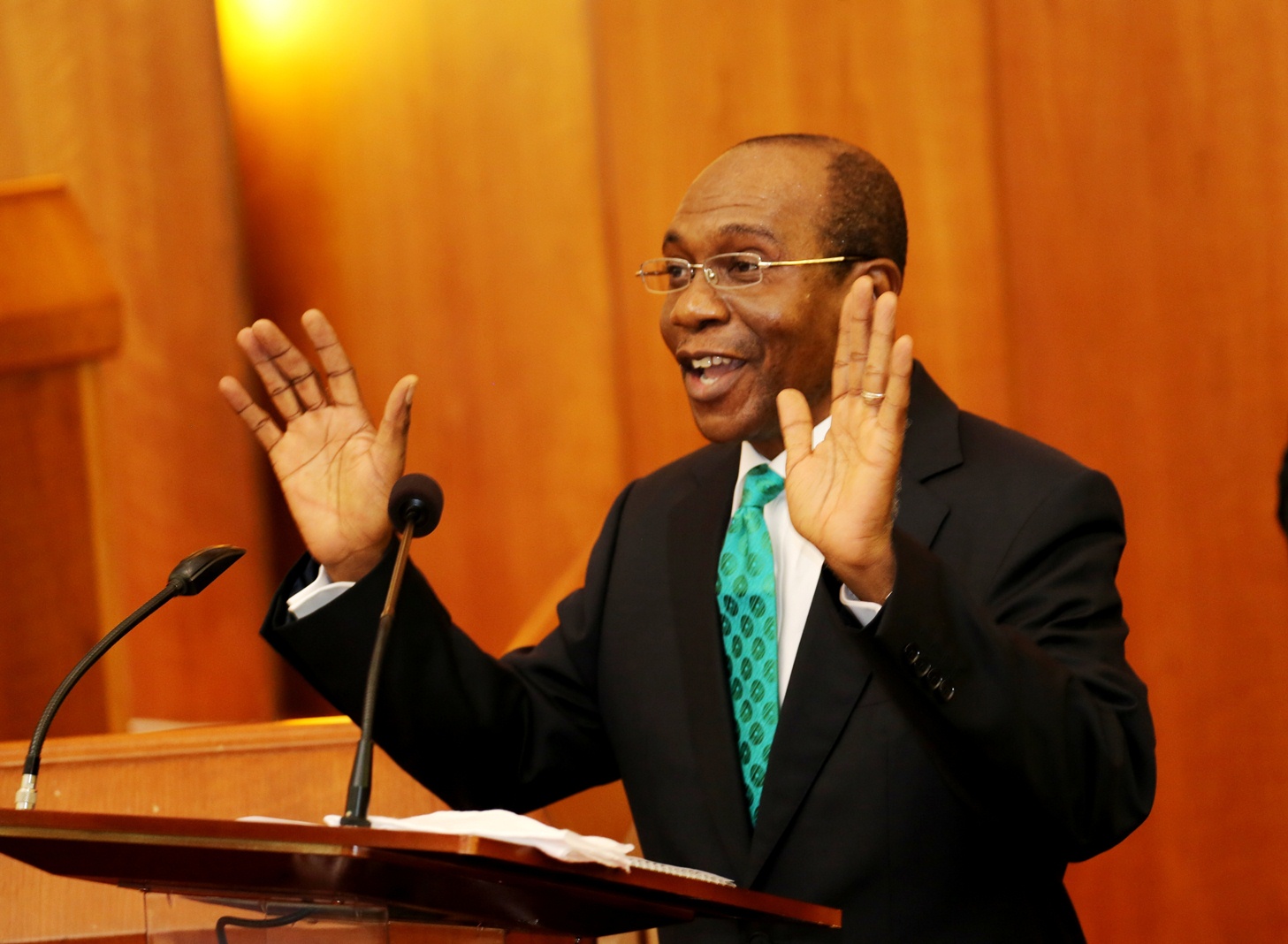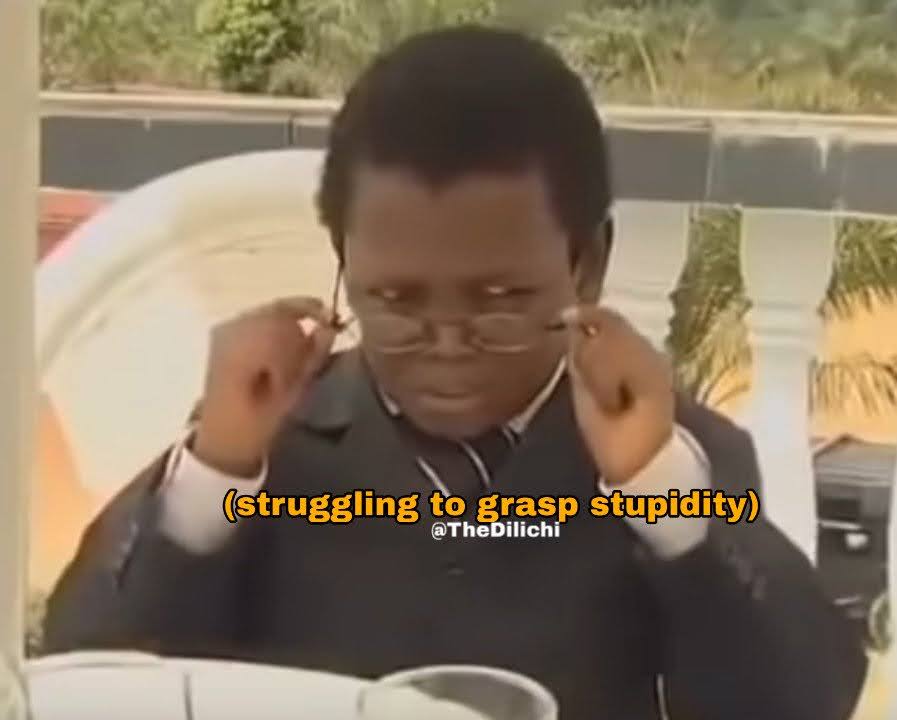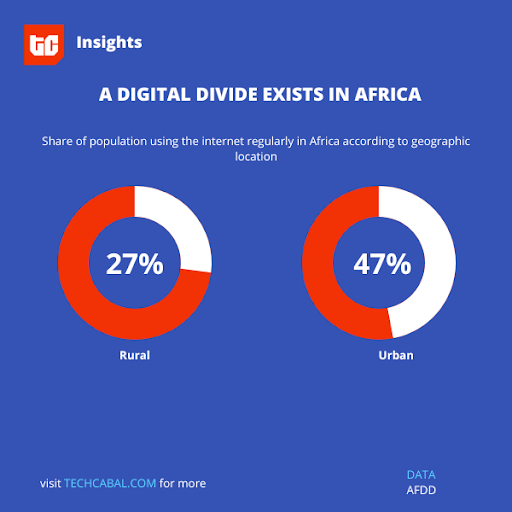
IN PARTNERSHIP WITH

Good morning 🌟
Before we had WhatsApp, Snapchat, or BBM—or even smartphones—there were a few other instant messaging apps that worked on feature phones. Only the 1990s kids and 40+ folks will remember.
Around the same time BBM reached the height of its popularity, another app—this time homemade—was helping Africans connect with one another across different devices.
This app was Mxit, and today, we’re celebrating its founder Herman Heunis, who passed away last week after a two-year battle with pancreatic cancer.
Launched in South Africa in 2005, Mxit connected over 55 million people across 120 countries—especially South Africa, Kenya, and Nigeria—on feature phones alone. Mxit had many features which would have probably helped it grow into a super app if it didn’t eventually fail. Users could play games on it, receive news updates, shop, and even connect to other IM platforms like Yahoo and Google Talk.

Until its shutdown in 2015, Heunis’ work helped 7.5 million people monthly, many of whom used Mxit to speak to friends over long distances, or meet new people in chat groups.
Today, we remember the 63-year-old Namibian-born founder for his work.
CRYPTO MARKET

|

|

|
|---|---|---|
|
Bitcoin 
|
$19,998 |
– 0.16% |
|
Ether 
|
$1,484 |
+ 0.39% |
|
BNB 
|
$281 |
+ 1.29% |
|
Solana 
|
$31.74 |
+ 1.27% |
|
Cardano 
|
$0.44 |
– 0.39% |
|
|
Source: CoinMarketCap
|
|
* Data as of 21:00 PM WAT, August 28, 2022.
At least four million.
KENYAN PRESIDENTIAL ELECTIONS MIGHT HAVE BEEN RIGGED

Trouble is brewing in Kenya.
A week after he was announced as president-elect, William Ruto’s newfound position is unsurprisingly being contested.
What’s up?
Competitor and former prime minister Ralia Odinga is contesting the validity of the elections.
Last week, it was revealed Odinga filed court petitions in Nairobi, claiming that the 2022 presidential election was rigged with technology, starting as far back as March 2022 with the intrusion of 21 people.
According to Odinga and his running mate, attorney Martha Karua, 21 people—19 foreigners and two Kenyans—tampered with the Independent Electoral and Boundaries Commission’s (IEBC) systems. Earlier in July, Kenya’s Directorate of Criminal Investigations conducted a forensic analysis of laptops seized from three Venezuelans who were arrested at the Jomo Kenyatta Airport in Kenya. The analysis revealed that one of the laptops had had remote access to the IEBC portal since March 2022.
The 45–page affidavit also accuses IEBC Chairman Wafula Chebukati of 12 electoral offences. As it claims, Chebukati allegedly tampered with declaration forms 34A, 34B, and 34C.
Side bar: Form 34A, B, and C are electronic forms used to collate votes during Kenya’s presidential elections. Form 34A is used to collate votes from each polling station, and Form 34B is used to collate results from all the different polling stations in a constituency, which means there are 290 of these forms. Form 34C is the compilation of all the 34B forms.
Odinga and Karua claim that Chebukati was uploading, reuploading, and deleting different forms even after Ruto had been declared winner of the elections.
“There was an elaborate and fraudulent premeditated scheme to interfere with and undermine and defeat the integrity, credibility and security of the presidential election. The interference was intended to alter the true results of the presidential election,” they claim.
The affidavit also claims that an unattended laptop which police officials found at the tallying centre in Bomas was connected to a network where forms 34A were being reuploaded from an external website to the IEBC portal.
A final claim from Odinga and Karua is that the announcement of the winner was made without tallying results from twenty-seven Kenyan constituencies, with 140,028 votes missing from the official results of which Ruto garnered 50.5%—7,176,141 votes—while Odinga got 48.8% (6,942,930).
Big picture: The competitors want the Supreme Court to order a forensic audit of all the Form 34A forms, and declare the results Kenyan presidential elections invalid. They also want Chebukati barred from overseeing any future elections. In a confident response, Ruto urged everyone involved to let the judiciary determine the case.
Don’t just send money, send money fast. Send and receive money directly to mobile wallets, bank accounts, Barter or through cash pickup with $end.
Visit send.flutterwave.com and do it now!
This is partner content.
CBN LETS $265 MILLION FLY

The Central Bank of Nigeria has moved to mitigate Nigeria’s flight risk.
On Friday, CBN released $265 million out of the total $464 million in trapped funds to foreign airlines.
ICYMI: According to the International Air Transport Association (IATA), Nigeria owes foreign airlines a total of $464 million from revenues made by the airlines. Due to Nigeria’s ongoing foreign exchange scarcity, foreign airlines have found it difficult to repatriate their funds.
Earlier this month, Emirates Air announced that it would be suspending flights to Nigeria by September 1 as it could not retrieve its $85 million revenue trapped in the country. This came weeks after the airline initially announced it would be reducing flights to Nigeria for the same reason.
After Emirates’ announcement, the IATA admonished the Nigerian government in a Twitter thread, stating that “Airlines can’t be expected to fly if they can’t realise revenue from ticket sales. Loss of connectivity harms the economy, hurts investor confidence, impacts jobs and people’s lives. The Government of Nigeria needs to prioritise the release funds before more damage is done.”
The president of the National Association of Nigeria Travel Agencies (NANTA), Susan Akporiaye, also reported, in a conversation with ThisDay, that other airlines—including British Airways, Lufthansa, Air France and Turkish Airlines—are at a risk of leaving the country if the Nigerian government doesn’t resolve its FX issues.
CBN responds
Last week, the CBN moved to curtail further losses.
It released a total of $265 million—$230 million as part of a special FX intervention, and $35 million through Retail Secondary Market Intervention Sales (SMIS) auction.
CBN director of corporate affairs, Osita Nwansiobi, confirmed the release of the funds which the CBN hopes will assuage airlines threatening to exit the country.
Zoom out: Africa accounts for 67% of the $1.6 billion owed to airlines globally with Nigeria, Zimbabwe, Algeria, Eritrea, and Ethiopia owing $900 million.
SOUTH AFRICA: FMF HITS THE SACC

Before we even get into the news, here’s what the abbreviations mean.
The FMF stands for Free Market Foundation, a Johannesburg liberal think-tank that’s not very happy with the SACC or the South Africa Competition Commission.
What’s up?
Last month, SACC released the results of its 14-month intermediation platforms inquiry. Basically, the Commission spent 14 months finding out which platforms were so popular that other services in the same sector would find it difficult to compete.
The Commission investigated a few companies including Apple App Store and Google Play Store in software app stores, Booking.com, Airbnb, and UberEats.
For Google’s Play Store and Apple’s App Store, the Commission found there’s not enough competition that justifies the high 30% commission fees charged to app developers taking in-app payments.
The Commission recommended that Google and Apple offer another form of payment to developers or impose a limit to how much commission they can collect. It determined Google as a monopoly, and also recommended that Google Ads should prominently label its ads and allow only organic results to appear at the top of every search page results.
Another recommendation stated that large financial institutions, tech companies, and corporates should support HDPs entrepreneurs with funding either directly or through VC firms; and that VC funds ought to be more inclusive.
And what’s the problem?
Well, the FMF believes that the SACC’s recommendations are “nonsensical”.
According to the organisation whose self-proclaimed duty is fostering economic and press freedom, the recommendations seek to punish leading enterprises with tight legislation.
It objects to the classification of the Google search engine as a monopoly, stating the existence of Bing and DuckDuckGo as competitors despite Google controlling 79% of the search engine market while Bing and DuckDuckGo control 1.4% and 0.6% respectively.
The Competition Commission’s recommendations, according to the FMF, will make it harder to do business in the country which will further increase unemployment levels and slow down economic growth.
Increase your online sales with a Paystack Storefront – a free, beautiful seller page that helps you bring creative ideas to life.
👉🏾 Learn more at paystack.com/storefront.
This is partner content.
TC INSIGHTS: POLICY SWITCH IN AFRICA
For over five decades, African development policies have centred on managing poverty. There is a need to shift to wealth generation driven by digitalisation. To generate economic growth that leads to sustainable development and prosperity, Africa must shift its focus to retaining and creating wealth, by centring human capital as its focal point. Investment in research and development must be accelerated so the continent’s economy can catch up with the rest of the innovation-driven world.
Digital technology is crucial for socioeconomic inclusion and investment in digitalisation is equally crucial to economic growth. A study by the International Telecommunication Union (ITU) found that a 10% increase in mobile broadband penetration would generate a 2.5% rise in Africa’s GDP per capita.
With some help from the government, digital technology has grown in Africa—through incubators, startups, and tech hubs. More than 600 of these tech hubs host thousands of startups, incubators, technology parks, and innovation centres. Currently, private organisations seem to be leading the switch to digital technology, compared to public policymakers.
Digitalisation is not widespread in Africa. Less than 50% of Africans use the internet, a digital divide that hinders the continent from taking full advantage of innovative technology to leapfrog to sustainable development. Digitalisation cannot be left to the private sector alone if the continent is to generate transformative growth. The public sector equally needs to ensure a level playing field for all participants in the technology ecosystem through equal access to digital public infrastructure and a sound, robust regulatory policy framework. Government policies and actions tend to have far-reaching effects when executed well, and digitalisation isn’t an exception.

However, the massive adoption of digital technologies also means that policymakers must address the legal and ethical impact of technology in society like data privacy. Without strong institutions, market demands might override people’s rights and interests. Also, policymakers must ensure robust regulatory frameworks as they invest in infrastructure and digital skills.
You can download all our reports here and watch videos from our events. Send your custom research requests here.
PUZZLE: UNSCRAMBLE INVESTOR

There are about 138 words you can form from “investor.” How many can you find?
IN OTHER NEWS FROM TECHCABAL
Winter is here for African startups: Salary cuts and lay-offs rock the ecosystem as African startups face global economic downturn.
The land of mergers and acquisitions: how South Africa continues to strike gold with tech exits.
Nigerian musician BNXN launches his latest EP in the metaverse to bring his fans closer.
How Clement Kandodo is using biogas to help the environment in Malawi.
JOB OPPORTUNITIES
- Big Cabal Media – Head of Events – Lagos, Nigeria
- Big Cabal Media – Reporter, Citizen – Lagos, Nigeria
- Big Cabal Media – Newsletter Editor, Citizen – Lagos, Nigeria
- Big Cabal Media – Multimedia Content Creator, Citizen – Lagos, Nigeria
- Big Cabal Media – Newsletter, Editor, Zikoko – Lagos, Nigeria
What else is happening in tech?
- Lay-offs at 54Gene and Alerzo raise questions about Nigeria’s tech utopia.
- Nigeria Customs Service suspends GT Bank from collecting duties over non-remittance of funds.
- WHO approves Africa’s first locally-made malaria drug for pregnant women and children.
- Algerian Startup Fund to invest $411 million in local startups.
SHARE THIS NEWSLETTER
We have a Saturday newsletter, TC Weekender, where we bring you weekly highlights from our news coverage. If you’ve been reading it since May when we launched, please take a moment to fill out this short survey. If you’re not already subscribed to TC Weekender, sign up here.


























